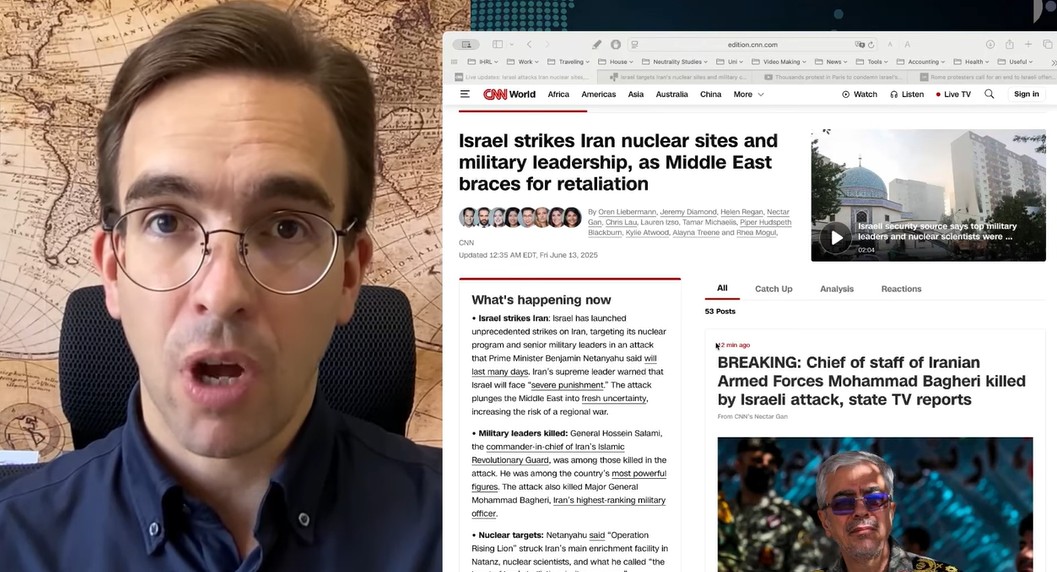On June 13, 2025, the genocidal leaders of Israel, led by Netanyahu, ordered the IDF…
Category: Current News

US VOTES TO SUPPORT ZIONISM AND GENOCIDE OVER PEACE
Democratic Senator Bernie Sanders introduced two Senate resolutions that sought to cancel military aid to…

Anti-Net-Zero Hero Narrative Is An Attempt to Divert Criticisms Against the Davos Hypocrisy
A recent study from the University of Sydney critiques the “net-zero hero” narrative, which promotes…
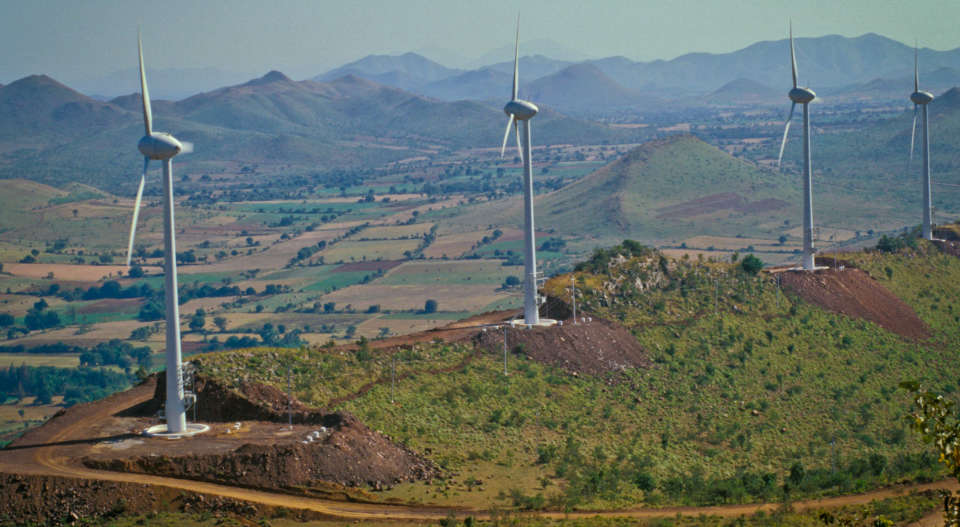
ADB Approves Philippines’ $500 Million Loan for “Climate Change” Response
The Asian Development Bank (ADB) has approved a $500 million loan to support the Philippines…
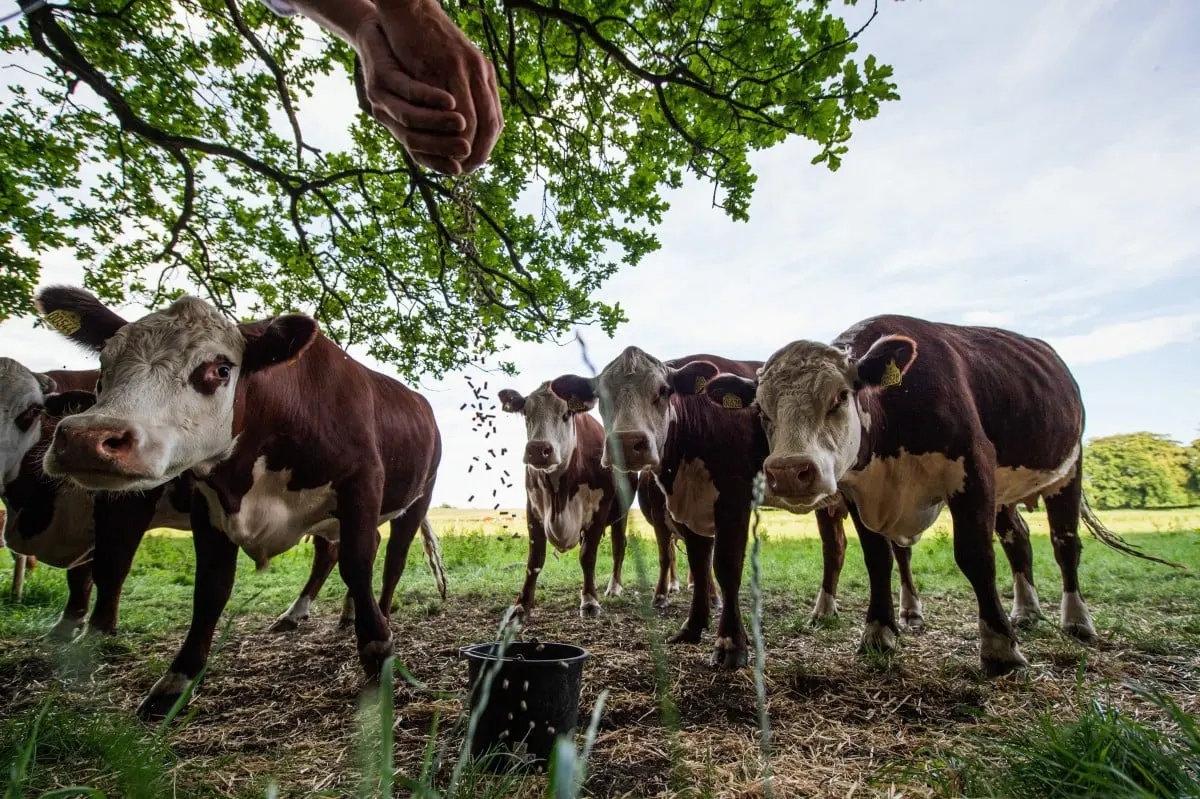
Denmark Will Introduce World’s First Livestock CO2 Tax by 2030
Denmark’s government has finalized the implementation of the “Green Tripartite” deal, a groundbreaking agreement that…
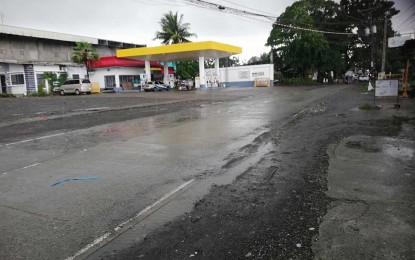
Lessons from COVID-19 Compliance in Disaster Response in the Philippines
Families in high-risk areas of Antique province are being advised to evacuate preemptively due to…

Billions in Mismanaged Climate Funds Raise Questions on Accountability and Transparency
According to an Oxfam investigation, the World Bank mismanaged at least $24 billion in climate…
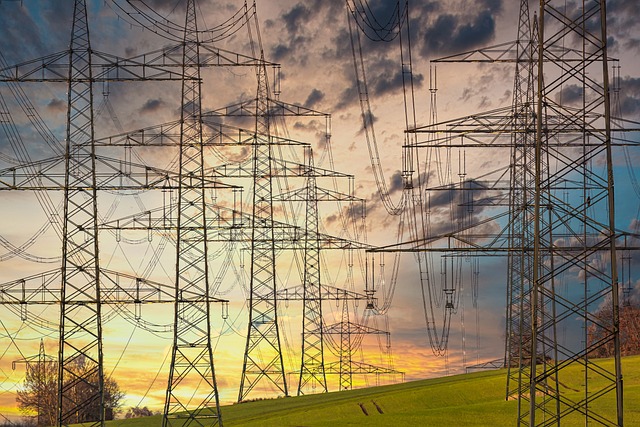
AI Advancement vs. Net-Zero Goals: The Environmental Paradox of Tech Leaders
Generative AI is rapidly transforming various sectors, but its significant electricity and water consumption raises…

Study Finds Climate Engineering in US Coast Can Lead to Heatwaves in Europe
A recent study has raised concerns about the unintended consequences of geoengineering techniques, specifically marine…

More Vaccines! This Time for Green House Gas Reduction
ArkeaBio has successfully raised $26.5 million in Series A funding to develop a vaccine to…
